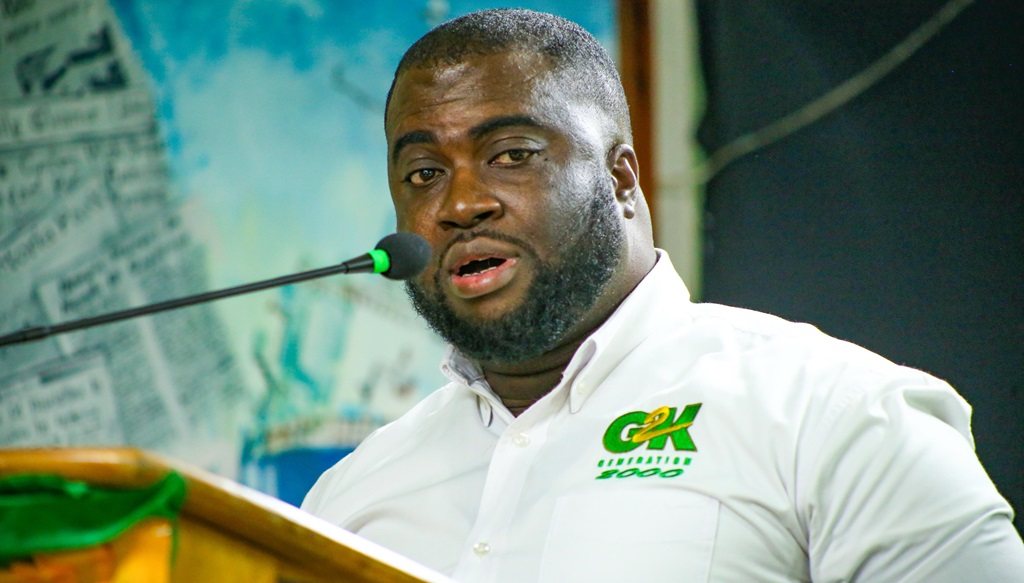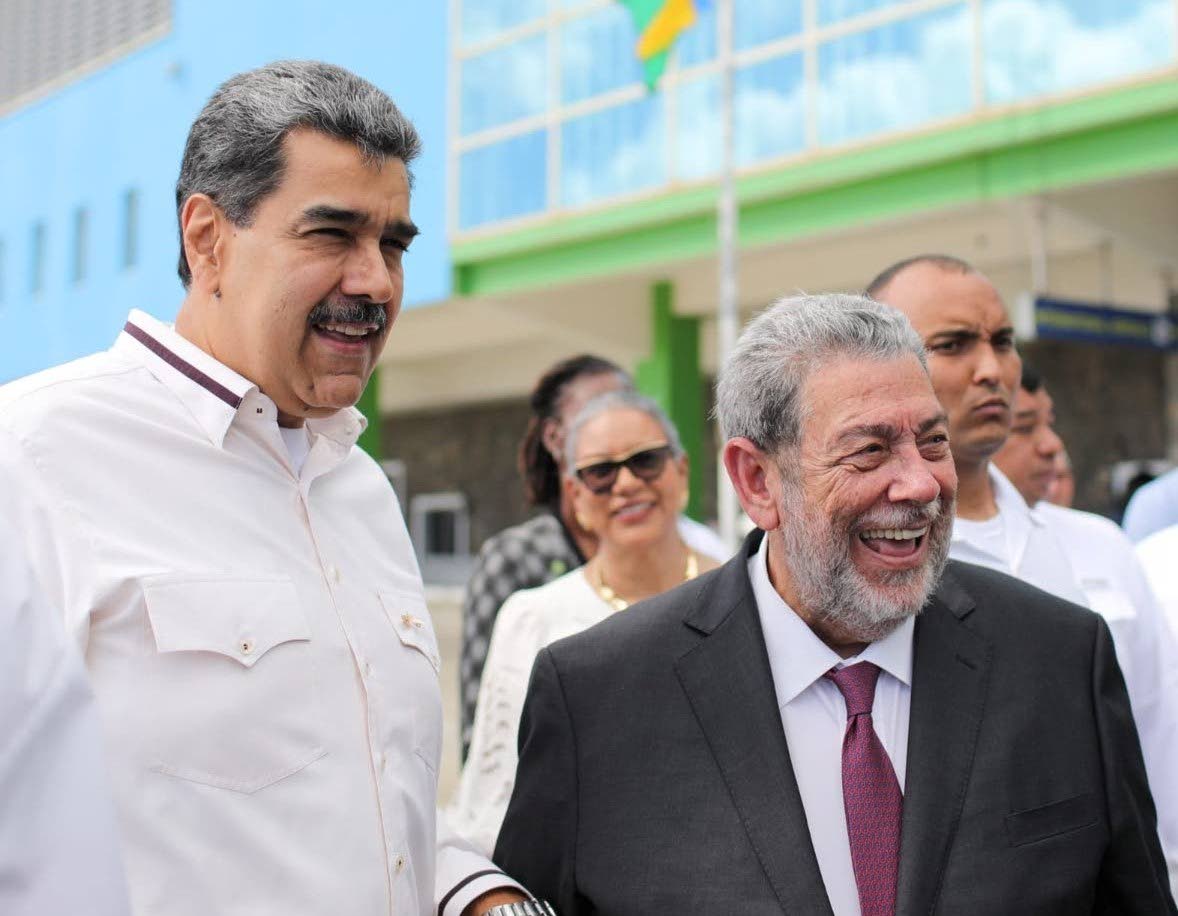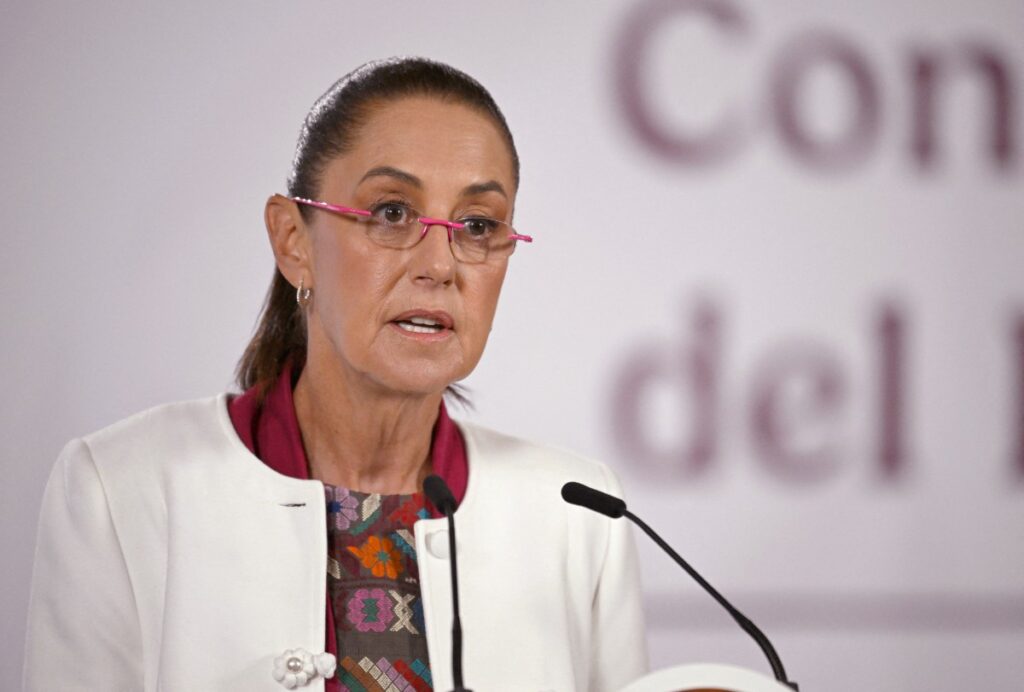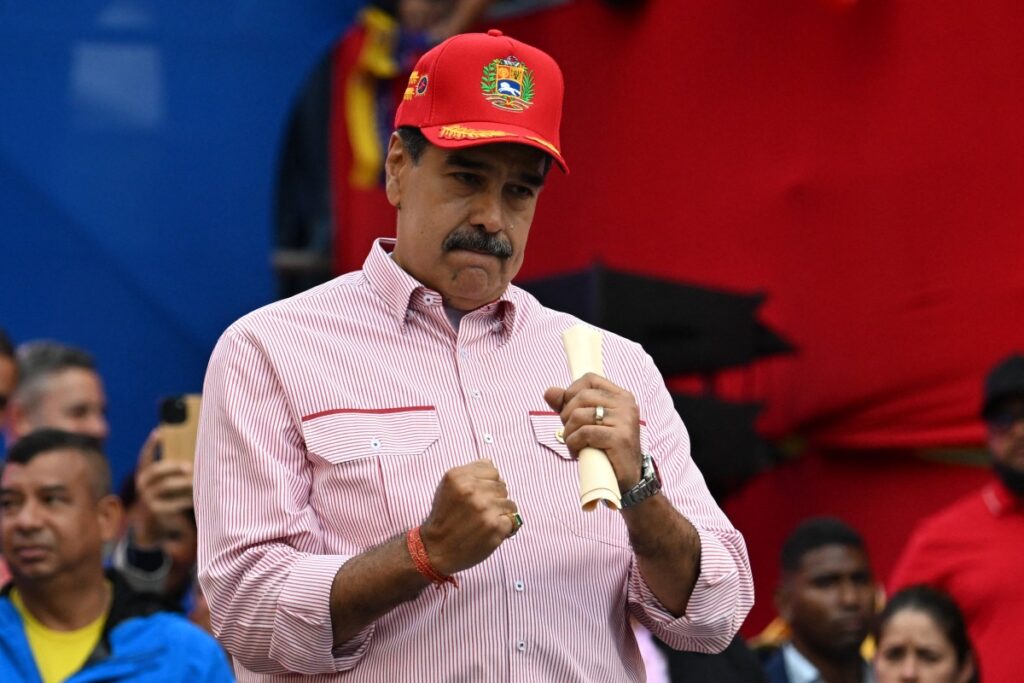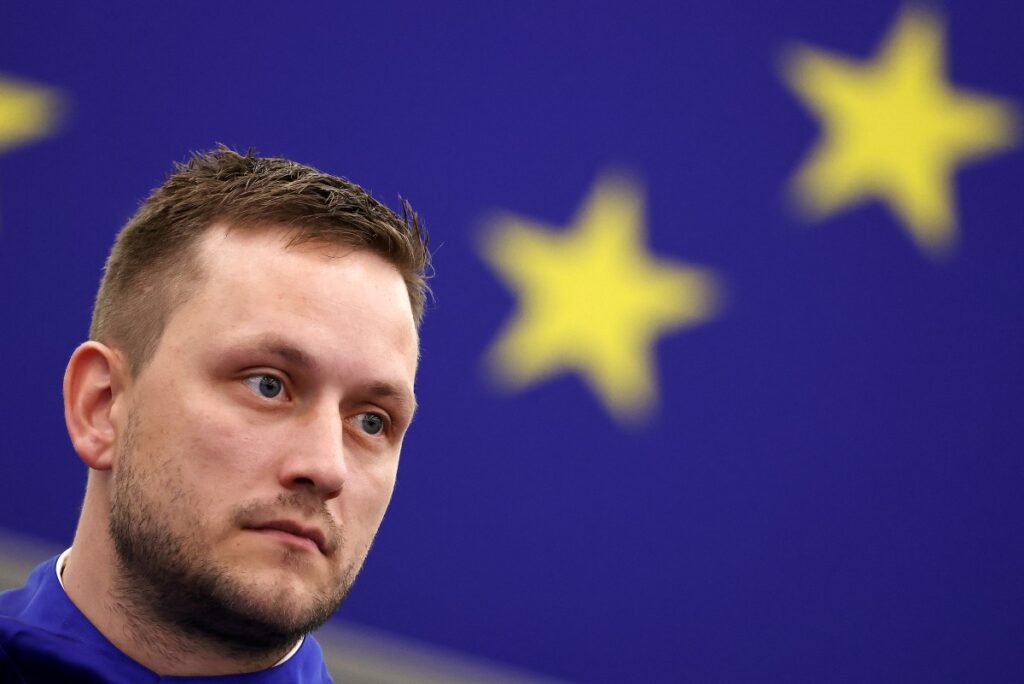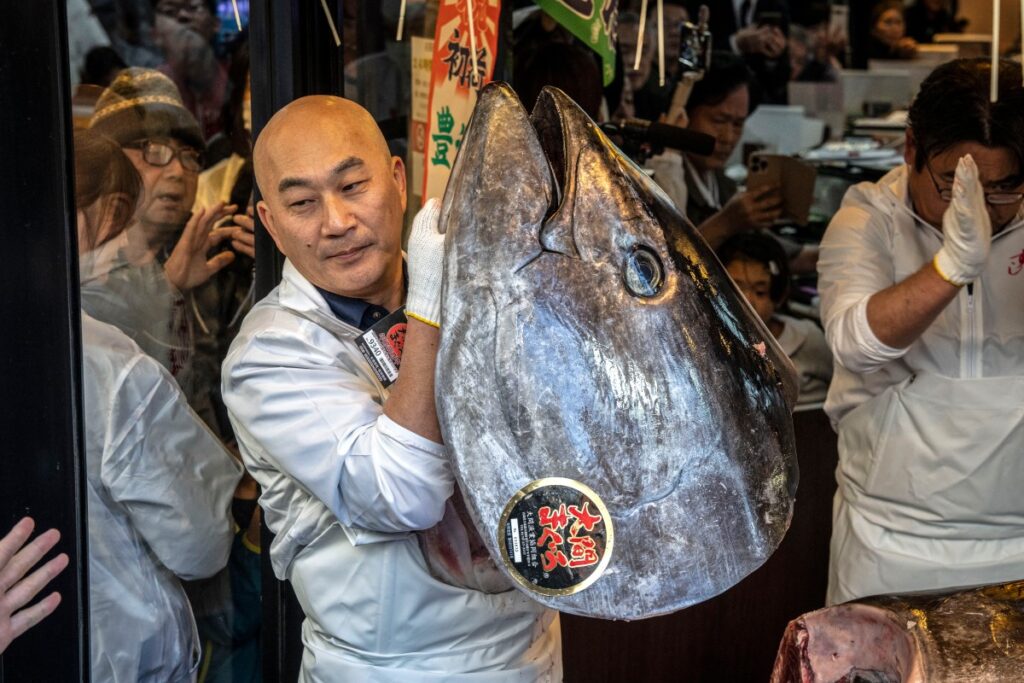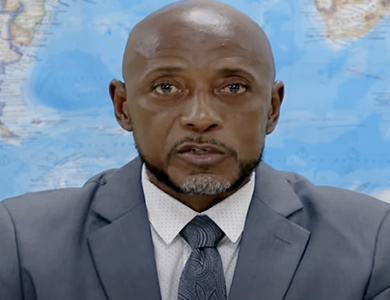Jamaica has achieved a landmark victory in its long-standing battle against violent crime, recording just 673 homicides in 2025—the nation’s lowest murder count in over three decades. This figure marks the first time since 1994 that annual murders have fallen below the 700 threshold, signaling a transformative shift in public safety outcomes.
The youth affiliate of the ruling Jamaica Labour Party, Generation 2000 (G2K), has publicly applauded this achievement, attributing the success to strategic governance, data-informed policies, and robust collaboration between security agencies and communities. In an official statement, G2K highlighted the critical role of Prime Minister Andrew Holness in architecting a revamped security framework that emphasizes innovation, accountability, and partnership.
Deputy Prime Minister and National Security Minister Dr. Horace Chang also received commendation for implementing evidence-based strategies that coordinated efforts across multiple security divisions. These measures have not only driven down violent crime but also restored public trust, particularly among business leaders and young professionals.
G2K further recognized the valor and dedication of Jamaica’s security bodies—including the Jamaica Constabulary Force, the Jamaica Defence Force, and the Major Organised Crime and Anti-Corruption Agency—for their relentless service and professionalism.
Shayne Kerr, President of G2K, emphasized that these statistics represent more than numerical progress: they signify lives preserved, families protected, and communities revitalized. This milestone reinforces a growing belief that Jamaica can continue on a path toward greater safety and security for all its citizens.
